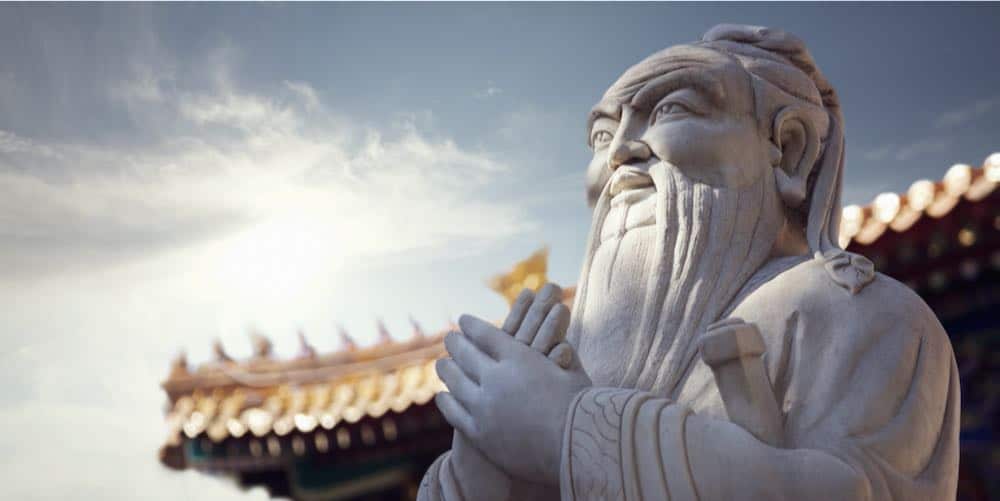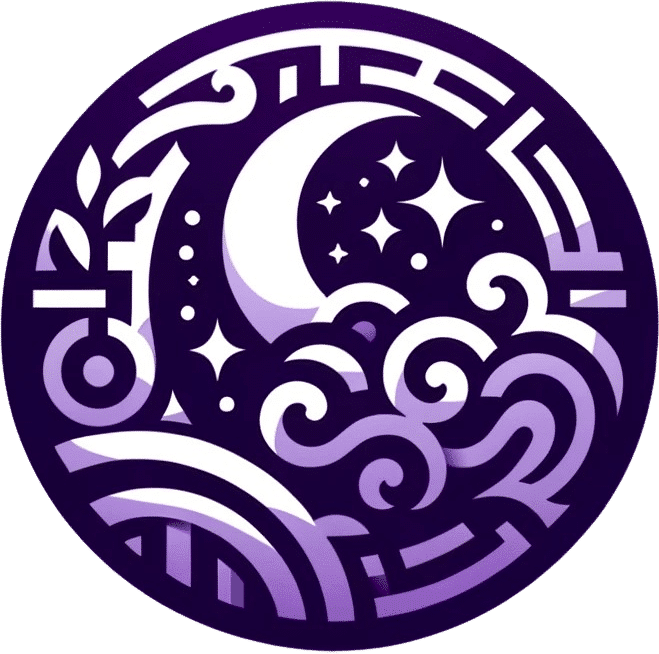In the annals of Chinese history, few figures stand as tall and influential as the Duke of Zhou, also known as Ji Dan. While his contributions as a statesman and regent during the early Zhou Dynasty are widely acknowledged, his legacy extends far beyond the realm of politics. The Duke of Zhou’s profound understanding of dreams, and their interpretations, has left an indelible mark on Chinese culture, philosophy, and even modern psychology. This article delves into the life and legacy of the Duke of Zhou, exploring how his insights into dreams continue to resonate in contemporary times.
The Zhou Dynasty: A Period of Turbulence and Transformation
To understand the significance of the Duke of Zhou, it is essential to contextualize the period in which he lived. The Zhou Dynasty, which followed the collapse of the Shang Dynasty, was a time of great upheaval. The Shang Dynasty, particularly under its last ruler, King Zhou, was notorious for its tyrannical governance. King Zhou’s reign was marked by excessive cruelty, leading to widespread suffering among the populace and ultimately sowing the seeds of rebellion.
The Duke of Zhou, born into the royal family as Ji Dan, found himself at the epicenter of this turbulent era. His elder brother, King Wu of Zhou, led the rebellion against the Shang and established the Zhou Dynasty. However, King Wu’s untimely death left the kingdom in a precarious state, with his young son, King Cheng, ascending the throne. As regent, Ji Dan assumed the responsibility of guiding the young king and ensuring the stability of the fledgling dynasty.
The Duke of Zhou’s Role in the Overthrow of the Shang Dynasty
One of the Duke of Zhou’s most notable achievements was his role in the successful overthrow of the Shang Dynasty. This was not merely a political maneuver but a monumental shift in Chinese history. The Shang Dynasty’s fall marked the end of an era and the beginning of a new one under the Zhou. However, this transition was fraught with challenges, both practical and symbolic.
In ancient China, the emperor was considered a divine figure, ruling with the Mandate of Heaven. The Mandate of Heaven was a concept that legitimized the ruler’s authority, asserting that the emperor was chosen by the heavens to govern. When the Shang Dynasty fell, it was crucial for the Zhou rulers to establish that they had inherited this mandate. During this period, King Cheng experienced troubling dreams, which were seen as potential omens from the divine realm. These dreams could have been interpreted as signs of disapproval from the heavens, threatening the legitimacy of the Zhou rule.
The Duke of Zhou: The Dream Interpreter
This is where the Duke of Zhou’s unique role as a dream interpreter became vital. Dreams in ancient China were not merely seen as random occurrences; they were believed to be messages from the gods, ancestors, or the cosmos. The ability to understand and interpret these dreams was considered a rare and valuable skill. Ji Dan, with his deep wisdom and spiritual insight, was able to interpret King Cheng’s dreams in a way that reinforced the legitimacy of the Zhou Dynasty.
The Duke of Zhou’s interpretations were not only accurate but also strategically significant. He provided King Cheng with guidance on how to act in response to these dreams, turning what could have been a source of anxiety into a foundation for the new dynasty’s legitimacy. By doing so, he ensured that the Zhou Dynasty was seen as the rightful successor to the Shang, chosen by the heavens to rule.
The Duke of Zhou’s Reforms and Cultural Contributions
The Duke of Zhou’s impact extended beyond his political and spiritual roles. As regent, he introduced a series of reforms that would lay the foundation for the Zhou Dynasty’s golden age. These reforms were comprehensive, touching on various aspects of governance, economy, and culture.
One of the most significant reforms was the introduction of a new feudal system. This system decentralized power by granting land and authority to loyal nobles and officials, who, in return, pledged their allegiance to the Zhou ruler. This not only ensured the loyalty of the nobles but also helped in the efficient management of the vast Zhou territory.
The Duke of Zhou also promoted agricultural development, recognizing that a stable and prosperous economy was crucial for the kingdom’s longevity. His policies encouraged farming and supported the peasantry, ensuring that the kingdom’s food supply was secure. Additionally, he fostered cultural development by encouraging the arts, literature, and philosophical thought.
The Duke of Zhou’s Influence on Chinese Philosophy

The Duke of Zhou’s contributions were not limited to his lifetime. His teachings and interpretations of dreams became integral to Chinese philosophy, particularly in the development of Confucian thought. Confucius himself is said to have revered the Duke of Zhou, often referring to him as a model of virtue and wisdom.

The Duke of Zhou’s dream interpretations were seen as a harmonious blend of spiritual insight and practical wisdom. This approach resonated deeply with Confucian ideals, which emphasized the importance of moral integrity, social harmony, and respect for tradition. The Duke of Zhou’s influence is evident in the way Confucianism values the interpretation of signs and omens as guides for ethical behavior and governance.
The Enduring Legacy of the Duke of Zhou
Even in modern times, the legacy of the Duke of Zhou endures. His teachings are still studied in Chinese schools, and his story continues to inspire those who seek to understand the deeper meanings of their dreams. The Duke of Zhou’s insights into dreams have found relevance in modern psychology, where dreams are often seen as windows into the subconscious mind.
The Duke of Zhou’s story also serves as a reminder of the timeless nature of dreams. Throughout history, dreams have been a source of inspiration, guidance, and revelation for people across cultures. Whether viewed as messages from the divine or reflections of the inner self, dreams have the power to influence our decisions and shape our destinies.
Conclusion
The Duke of Zhou’s life and legacy offer a fascinating glimpse into the world of ancient China, where dreams were revered as powerful tools for understanding the world and navigating its challenges. His ability to interpret dreams and apply their lessons to governance and personal conduct has left a lasting impact on Chinese culture and beyond.
As we reflect on the Duke of Zhou’s contributions, we are reminded of the enduring power of dreams and the wisdom they can offer. By paying attention to our dreams and seeking to understand their meanings, we can connect with a rich tradition of dream interpretation that spans millennia. The Duke of Zhou’s story is not just a historical account; it is a testament to the universal and timeless nature of dreams as a source of insight, guidance, and inspiration.
